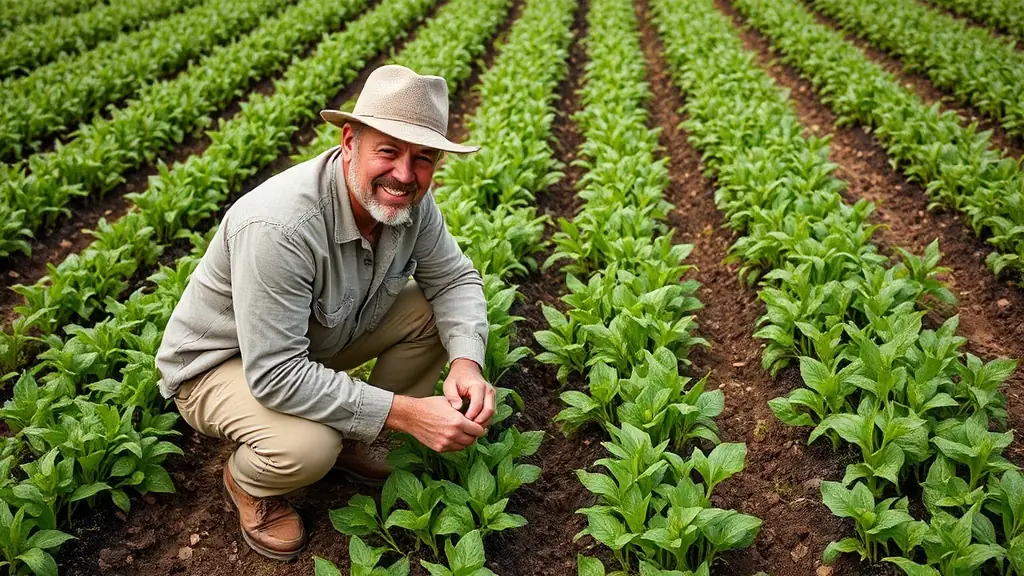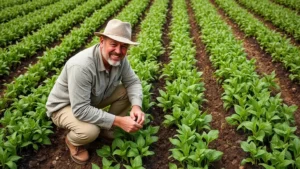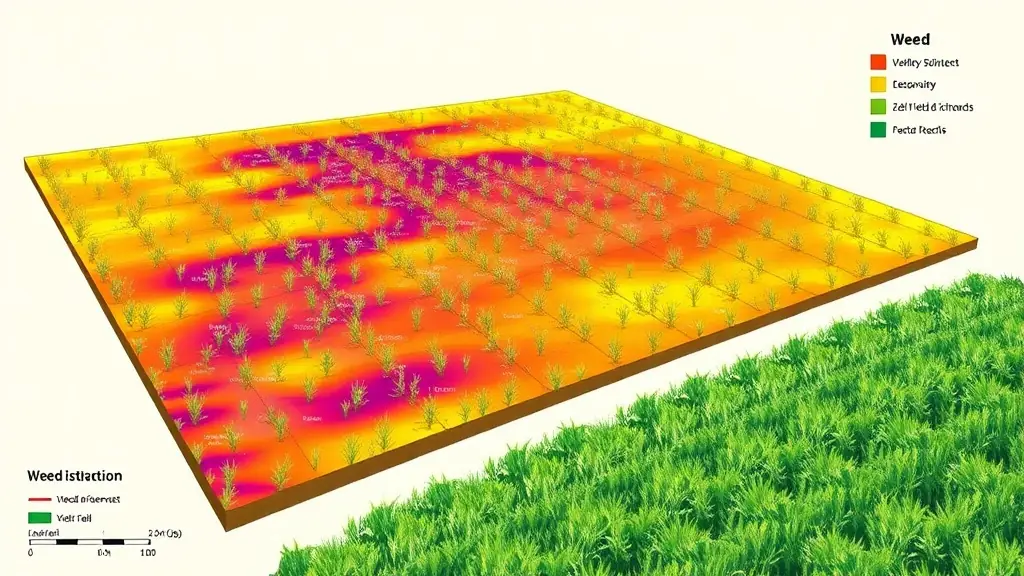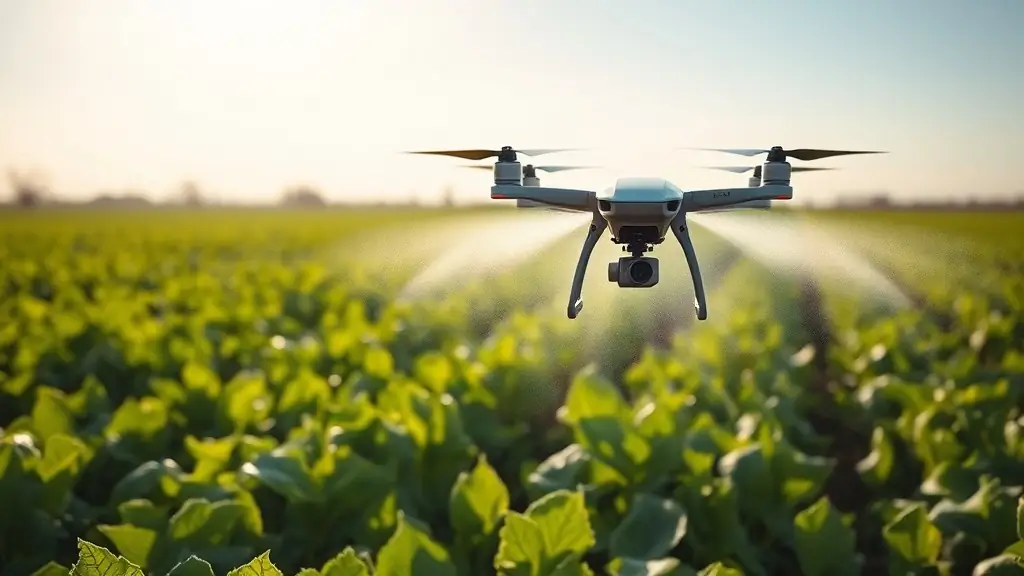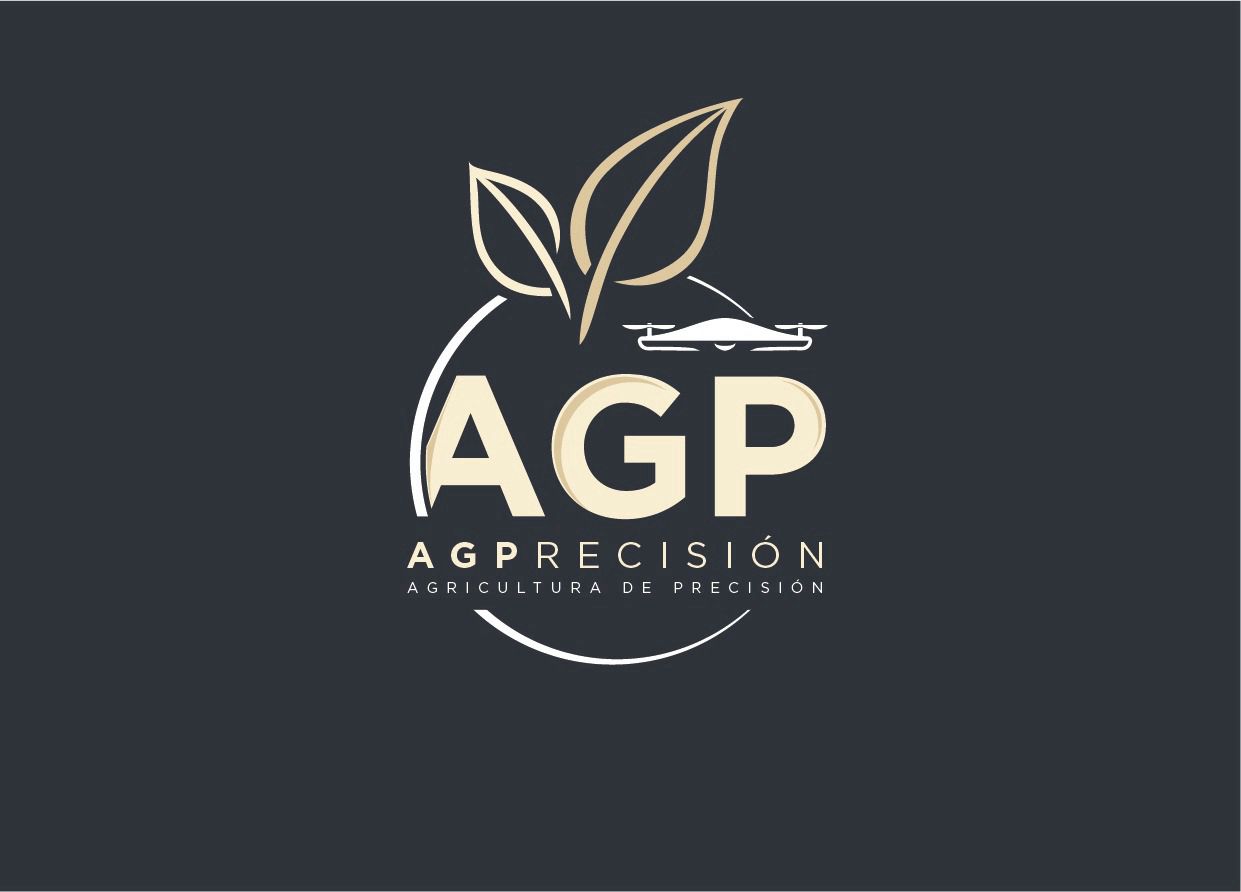Sustainability is at the heart of precision agriculture, as it seeks to balance productivity with environmental stewardship. Farmers are increasingly adopting practices that not only improve yields but also protect natural resources. One such practice is the use of cover crops, which help prevent soil erosion and improve soil health. By integrating cover crops into their rotations, farmers can enhance the sustainability of their operations.
Another sustainable practice gaining traction is the use of variable rate technology (VRT). This technology allows farmers to apply inputs such as fertilizers and pesticides at varying rates across their fields based on specific needs. By tailoring applications to the unique conditions of each area, farmers can reduce waste and improve efficiency. This targeted approach not only benefits the environment but also enhances profitability.
Additionally, precision agriculture promotes water conservation through advanced irrigation techniques. Farmers can utilize soil moisture sensors and weather data to optimize their irrigation schedules, ensuring that crops receive the right amount of water at the right time. These sustainable practices are essential for the future of agriculture, as they help farmers adapt to changing environmental conditions while maintaining productivity.
